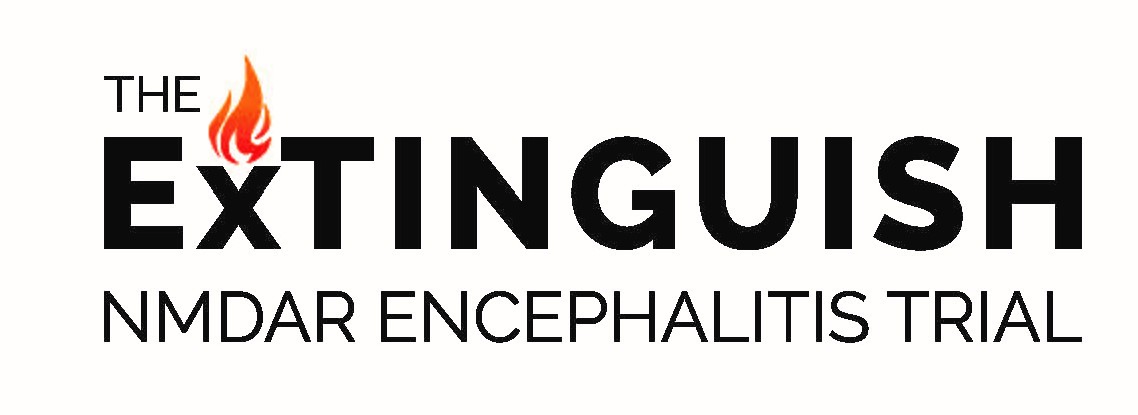N-methyl-D-aspartate receptor (NMDAR) encephalitis is one of the most common causes of autoimmune encephalitis, with prevalence exceeding herpes encephalitis in industrialized nations. Typically, the disease affects patients age 10-50 causing prominent psychiatric symptoms, associated with declining consciousness, seizures, movement disorders and life-threatening dysautonomia. Intensive care, including cardiorespiratory support is required in 75% of cases. The diagnosis is confirmed by detection of IgG autoantibodies against central nervous system NMDAR in the cerebrospinal fluid. Despite the severity of the illness, NMDAR encephalitis is a treatable neurological disease, with retrospective case series establishing the benefit of off- label intravenous steroids and immunoglobulins. These treatments are presumed to work through effects on IgG NMDAR autoantibody levels in the CSF, although prospective data informing predictors of treatment responses are limited. Even with prompt treatment, ~50% of patients remain disabled, requiring prolonged hospital admissions. Various off-label therapies have been proposed as “second-line” treatments in NMDAR encephalitis. The majority of second-line treatments target circulating B-cells with various degrees of blood brain penetrance and efficacy, and poor consensus on the timing, dose and route of delivery of candidate agents. High-quality evidence is needed to inform the treatment of NMDAR encephalitis.
Inebilizumab is a promising therapeutic monoclonal antibody for the treatment of NMDAR encephalitis. This humanized monoclonal antibody against the B-cell surface antigen CD19 was recently shown to be safe and efficacious in the treatment of neuromyelitis optica spectrum disorder—another antibody-mediated disorder of the central nervous system. Compared to other off label B-cell depleting therapies, such as rituximab, inebilizumab not only depletes CD20+ B-cells, but also CD20- plasma blasts and plasma cells, resulting in robust, broad and sustained suppression of B-cell expression.
The Extinguish Trial will randomize 116 participants with moderate-to-severe NMDAR encephalitis to receive either inebilizumab or placebo in addition to first-line therapies. Patient outcomes will be ascertained at standard intervals using the modified Rankin scale and accepted safety measures (primary outcomes at 16 weeks), together with comprehensive well-validated neuropsychological tests, bedside cognitive screening tools, quality of life/ functional indices, and outcome prediction measures. Clinical data will be combined with quantitative measures of NMDAR autoantibody titers and cytokines implicated in B-cell activation and antibody production within the intrathecal compartment to identify treatment responders, inform the biologic contributors to outcomes, and evaluate for biomarkers that may serve as early predictors of favorable outcomes in future clinical trials in NMDAR encephalitis. The results of the Extinguish Trial will immediately impact patient care and will facilitate the design and implementation of future clinical trials in patients with autoimmune encephalitis.

